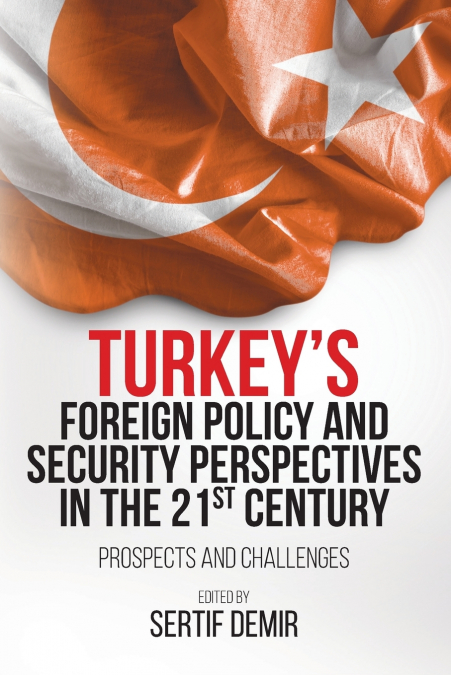
 Librería 7artes
Librería 7artes
 Donde los libros
Donde los libros
 Librería Elías (Asturias)
Librería Elías (Asturias)
 Librería Kolima (Madrid)
Librería Kolima (Madrid)
 Librería Proteo (Málaga)
Librería Proteo (Málaga)
This books aims at analyzing Turkish foreign and security policies in the 21st century. Turkey’s foreign and security policies have become the focus of academic discussions since Turkey is located in the middle of the most unstable region in the world. Turkey’s self-assured foreign policy has similarly attracted the attention of academicians worldwide. Meanwhile, Turkey’s security policy has also been the subject of discussions as the country has been struggling with ethnic terrorism for 35 years. Furthermore, the US invasion of Iraq and the recent Syrian civil war, along with other factors, have caused religious radicalism to expand its power throughout the Middle East, which has heavily impacted on Turkey’s security. Turkey’s longstanding problems with its neighbors have also affected the general characteristics of its foreign policy, particularly leading to its securitization.Against this background, this book covers the major issues in foreign policy and security fields that significantly affect Turkey. Of course, Turkey is affected by a diverse range of internal and external security and other dynamics. However, a few of them have had a particularly impact on Turkey’s foreign policy and security architecture. Accordingly, this book mainly focuses on those fields that substantially affect Turkey’s foreign and security policies. The most influential of these are Turkish foreign policy strategy, Turkish-American relations, Turkey-EU relations, regional concerns in the Middle East, Caucasus and Balkans, energy security, terrorism and civil-military relations.